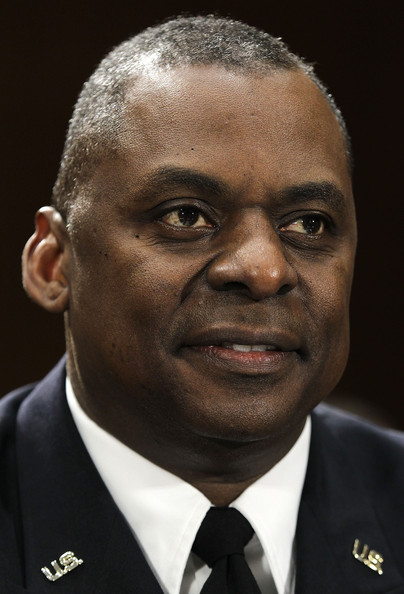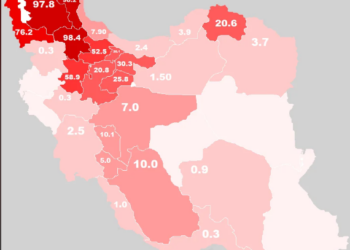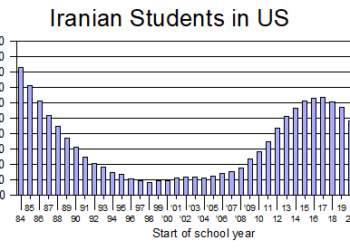January 22, 2021

Retired Army General Lloyd Austin, President Biden’s pick to lead the Pentagon, says Iran poses a threat to American allies in the region and forces stationed there. But he was more concerned about China, as are most military and foreign policy professionals.
“Iran continues to be a destabilizing element in the region.… It does present a threat to our partners in the region and those forces that we have stationed in the region,” Austin said during his Senate confirmation hearing January 19.
“If Iran were ever to get a nuclear capability, almost every problem we deal with in the region would be tougher to deal with because of that,” he said.
Austin noted he would review current troop deployments in the Middle East and hinted at a reduction of US forces there, adding that “we can better calibrate” the American presence and provide “opportunities to employ the force in other theaters.”
He said in his written statement, “If confirmed, I will review our force presence to ensure it is properly balanced to address the broad range of challenges in the Middle East—including from China and Russia—with global requirements and the health of the joint force.”
But he made clear he was focused more on the long-term threat from China than from Iran.
“Across much of the Indo-Pacific region, the Chinese Communist Party (CCP) is using military and economic coercion to bully its neighbors, advance unlawful maritime claims, threaten maritime shipping lanes, and destabilize territory along the periphery of the People’s Republic of China (PRC). This predatory conduct increases the risk of miscalculation and conflict.”
Austin then said that given the “ascent and the scope and scale” of China’s military modernization, the Biden Administration “will view China as our most serious global competitor and, from a defense perspective, the pacing threat in most areas.”




















